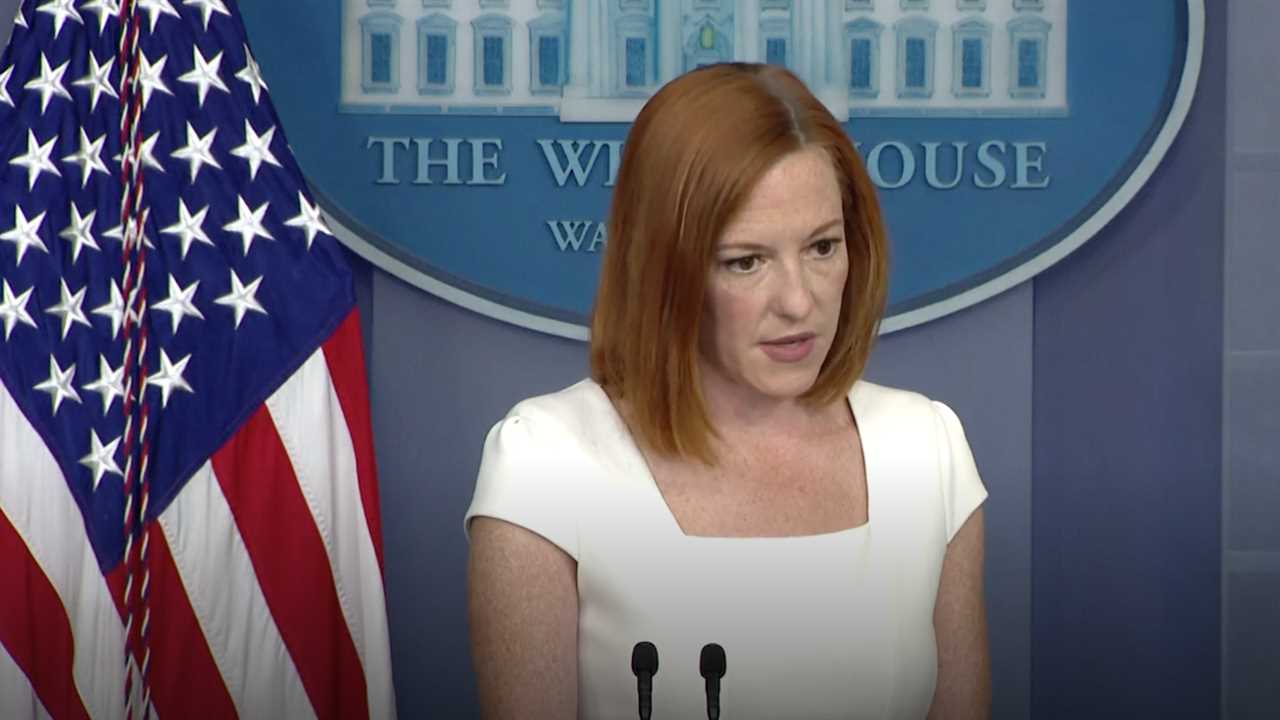
Jen Psaki, the White House press secretary, on Thursday offered U.S. assistance to Haiti in the wake of the assassination of President Jovenel Moïse and renewed American support for legislative and presidential elections that had been scheduled for September.
Ms. Psaki did not say if the U.S. recognized Haiti’s interim prime minister, Claude Joseph, as the leader of the country, as a power struggle brewed between him and Ariel Henry, who had been appointed as prime minister by Mr. Moïse two days before his death.
“We recognize the democratic institutions of Haiti, and we are going to continue to work with them directly,” Ms. Psaki said.
Asked again about the power struggle in Haiti, Ms. Psaki suggested that the situation would be resolved with new elections.
“We have been in touch with the acting prime minister, and we echo his call for calm,” Ms. Psaki said. “But I would again reiterate that’s one of the reasons we have called for elections this year, and we believe that they should proceed.”
Opposition groups and protesters in Haiti had called for the elections to be canceled, citing violence and unrest in the country as well as a political crisis intensified by Mr. Moïse’s refusal to step down at the end of a five-year term in February.
Ms. Psaki wasn’t asked about reports that at least one American citizen is among the six people detained in the assassination of Mr. Moïse. Haitian officials said another American may also be among the six, adding to their assertions that “foreigners” had been involved in the brazen attack.
The Biden administration had publicly supported Mr. Moïse throughout the crisis — continuing the stance of the Trump administration on Haiti. In a statement, the State Department said that Mr. Moïse’s term of office could be extended to February 2022 — contradicting a ruling by Haiti’s judiciary branch.
The Biden administration had also supported the Haitian president’s plans to hold elections and a constitutional referendum in September that would have centralized power in the presidency and allowed Mr. Moïse to seek an additional term in office.
America has a long history of intervening in Haitian politics. The ruthless dictator François Duvalier enjoyed American support in the form of aid and military training. American support continued under the despotic rule of Mr. Duvalier’s son, Jean-Claude. The Central Intelligence Agency funded far-right Haitian paramilitaries during a period of military rule in Haiti in the 1990s. The U.S. then invaded the country to overthrow the military government in 1994, and deployed marines to restore order after another coup in 2004.






